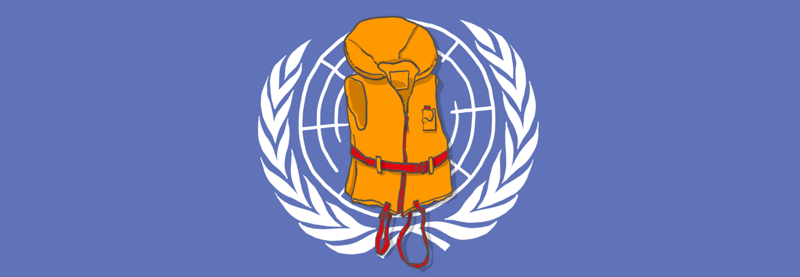
The workshop on 15 November will focus on reform proposals that require neither significant treaty amendments nor major financial commitments.
Call for papers | 15 November, Hertie School
Within the realm of the possible: Reforming the UN treaty bodies’ individual communication mechanisms
The reform of the United Nations human rights system is once again on the agenda. The latest such review was concluded by the UN General Assembly in 2014, and it called for States to undertake a subsequent review no later than April 2020.
The upcoming 2020 review of the treaty body system by the General Assembly offers an opportunity to reflect on how to strengthen the impact of the human rights treaty bodies’ work. One important development since the last review in 2014 has been the coming into force for all treaty bodies save one—the Committee on Migrant Workers—of the optional competence to receive and issue views on individual complaints (“communications”). All human rights treaty bodies with an active competence to receive individual communications have by now also delivered views in individual cases and are developing procedural and substantive UN human rights law case law.
With the expansion of the right to individual petition across a number of bodies, a wide range of concerns can be identified in the context of the reform agenda. These include, inter alia, the risk of case backlogs, styles of interpretation, fragmentation of substantive and procedural case law across treaty bodies, fragmentation between UN and regional human rights law, the resistance of states to ‘soft judgments,’ and the lack of an effective dissemination of UN treaty body case law.
Against this backdrop, the aim of this workshop is to take stock of the performance of the individual communications mechanisms of the UN human rights treaty bodies, to review their evolving case law, and to ask what reforms are required within the realm of the legally and politically possible to strengthen the right to individual petition as a means to protect and promote human rights globally. The workshop focuses on reform proposals that require neither significant treaty amendments nor major financial commitments.
The workshop invites contributions that address one or more of the following themes:
- Access to and standing before the UN human rights treaty bodies
- Procedural aspects in dealing with individual communications
- Styles of interpretation, including autonomous, effective and dynamic interpretation, and harmonized/fragmented approaches to interpretation of UN treaties in treaty body case law
- Interaction between the roles of the treaty bodies in adopting general comments, concluding observations on state reports, and rendering views on petitions
- Relationship with regional human rights commissions and courts as well as other UN mechanisms
- Subsidiarity and the margin of appreciation in treaty body case law
- Remedies
- Effective dissemination of views
- Compliance monitoring (“follow-up”)
- Domestic reception of views and the significance of their legal status for compliance
Paper abstracts of 300-500 words, together with a brief author biography and full contact details, should be submitted to Andrea Derichs at derichs[at]hertie-school[dot]org by 15 July 2019. Decisions on acceptance will be communicated by 30 July 2019.
Workshop papers of a minimum length of five pages and including recommendations for feasible reforms of the individual communications system should be submitted to the organisers by 15 October 2019.
The seminar will take place at the Hertie School in Berlin on 15 November 2019.
Recommendations from the seminar will be submitted to the United Nations Secretary General and to the chairpersons of the UN human rights treaty bodies.
Limited funding for travel and accommodation will be available to those in need.
Workshop organisers
- Bașak Çalı, Hertie School of Govenance
- Andreas Follesdal, PluriCourts, University of Oslo
- Geir Ulfstein, PluriCourts, University of Oslo
- Andreas von Staden, University of Hamburg
Download the Call for papers
For more information
-
Başak Çalı, Professor of International Law | Director, Centre for Fundamental Rights
